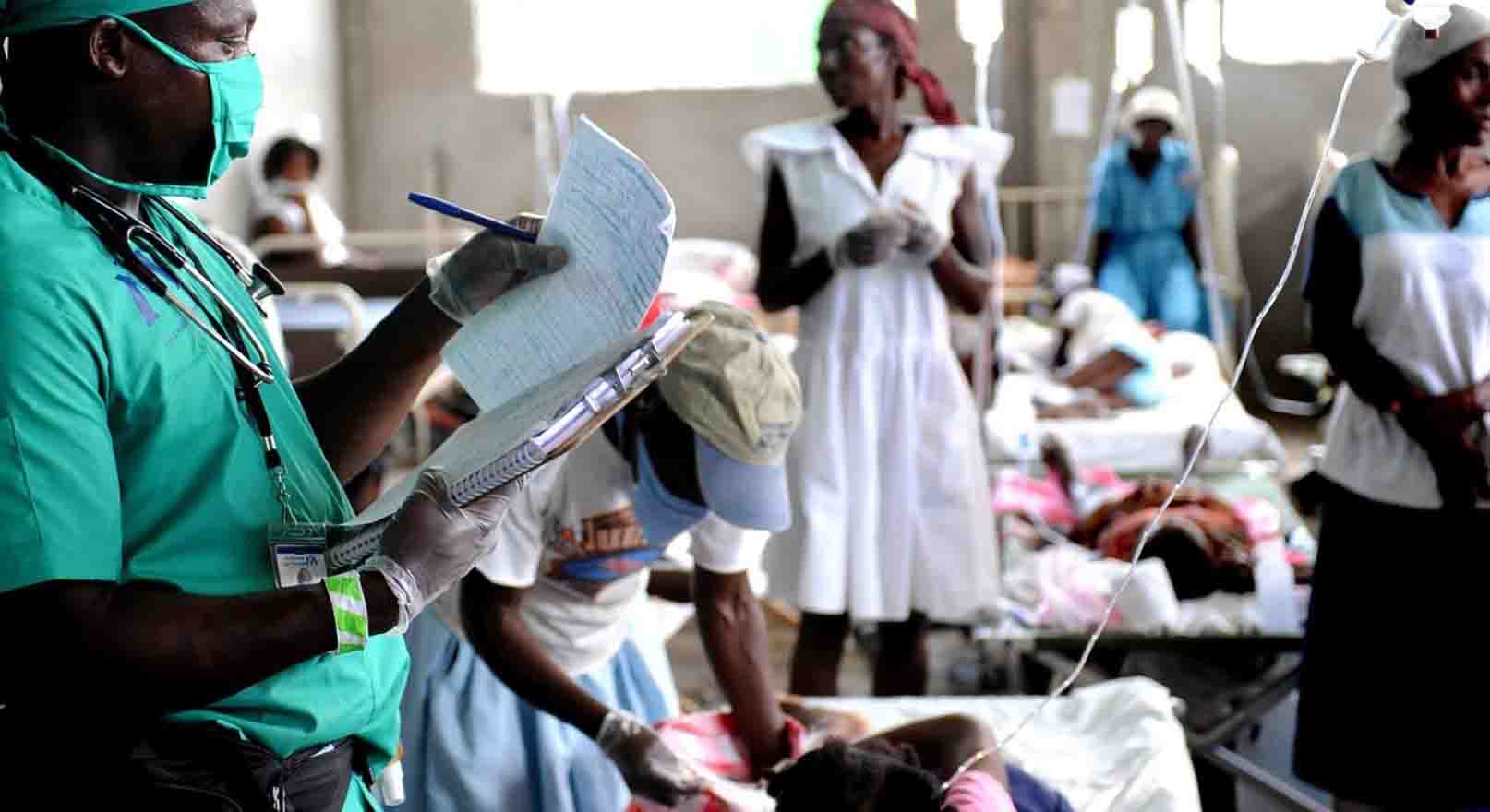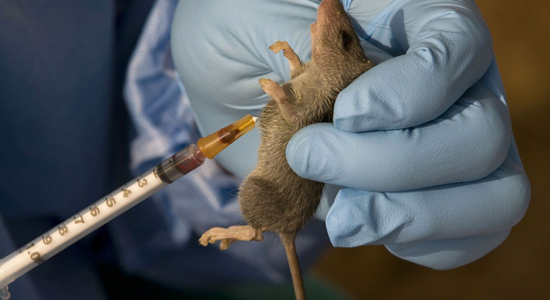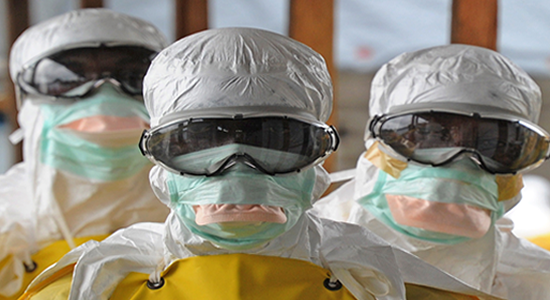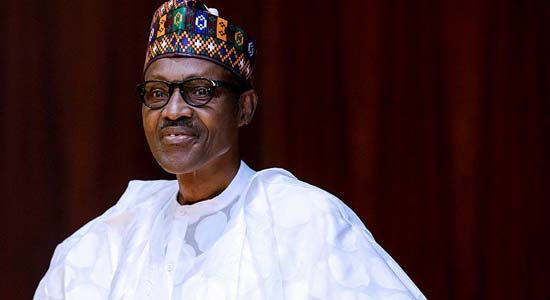Collapse Looms As State, Council Health Workers Are Directed To Join JOHESU Strike
The Joint Health Sector Union (JOHESU) has instructed health workers in states and local governments to join the nationwide strike by midnight on Wednesday.
Biobelemoye Joy Josiah, national chairman of JOHESU, made this known while addressing journalists in Abuja.











